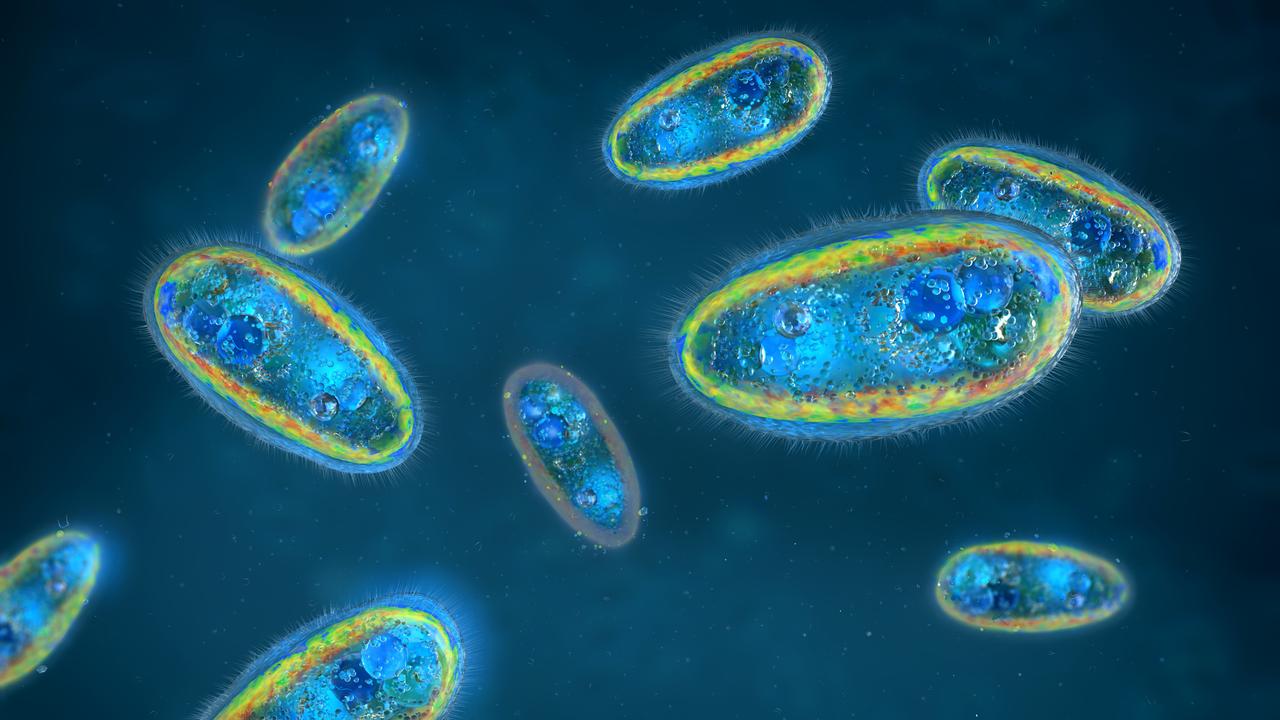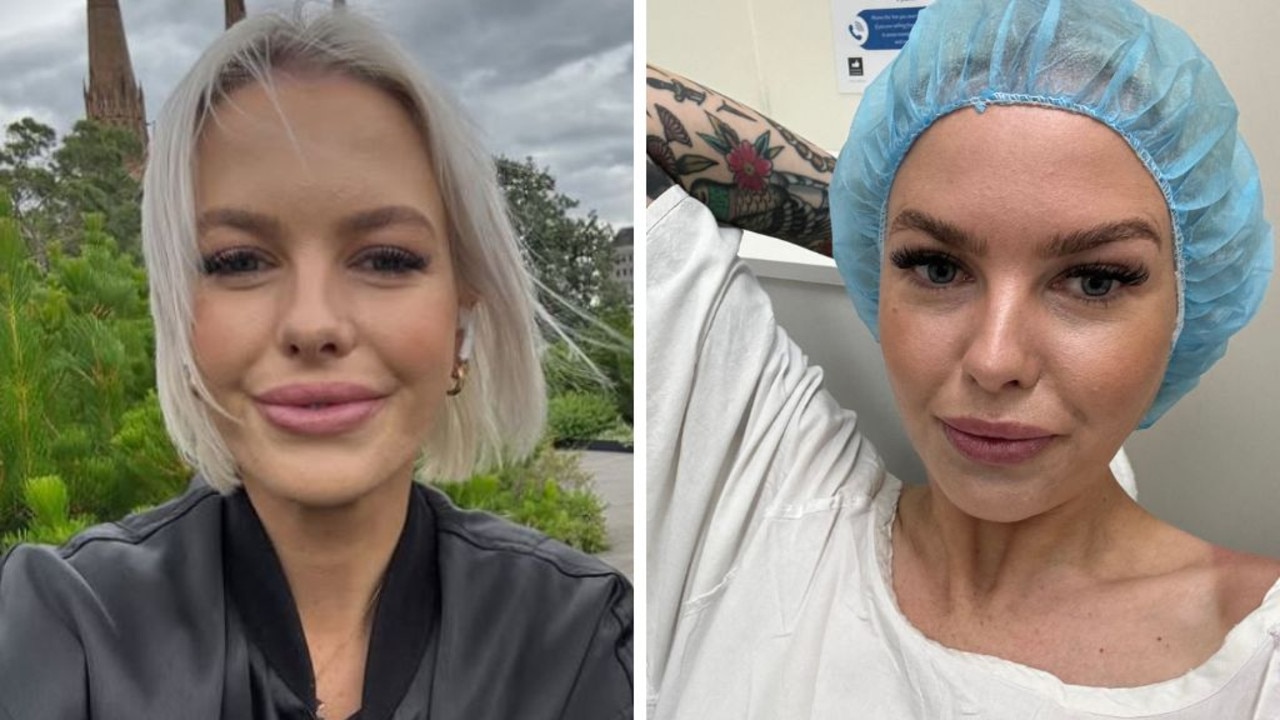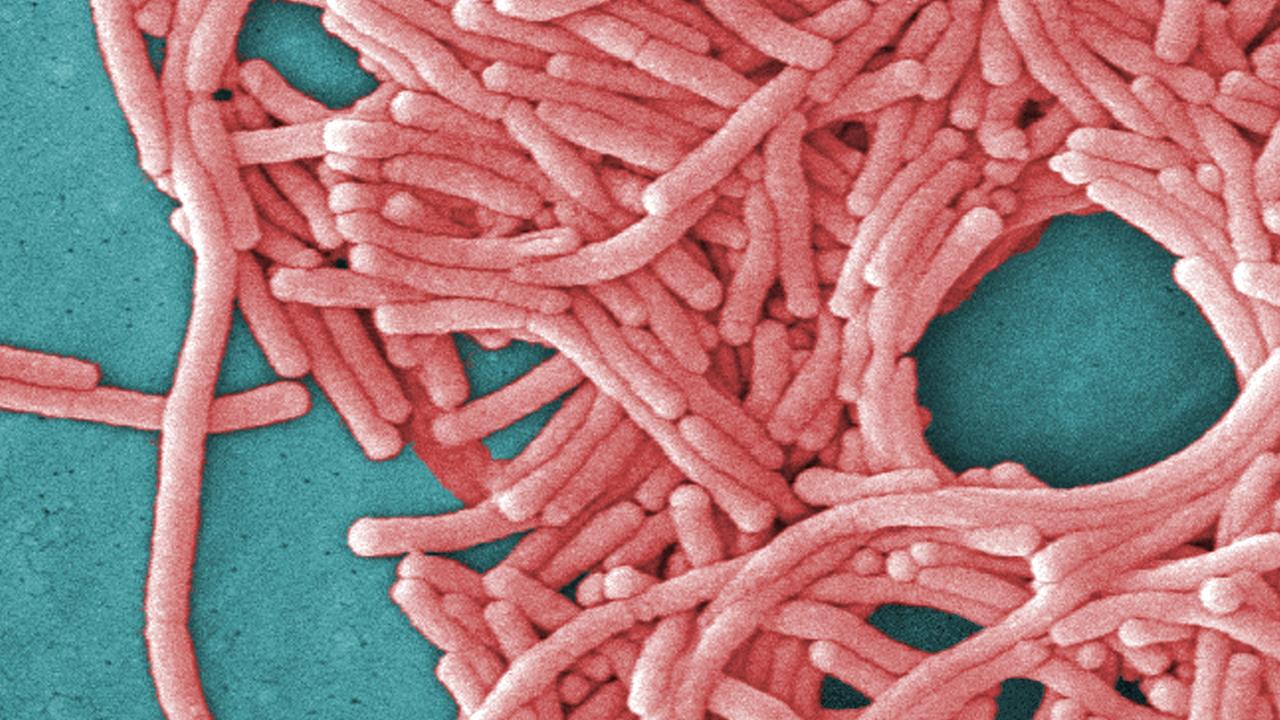How to self-isolate due to coronavirus
Need to self-isolate due to coronavirus? Here’s the latest advice from health professionals about what you should and should not do.

Over the coming weeks and months, many Australians might find themselves having to self-isolate as the threat of the coronavirus continues to spread.
Currently, anyone who has been in close contact with a proven case of coronavirus must self-isolate for 14 days from the date of last contact with the confirmed case.
Prime Minister Scott Morrison announced on March 15 that anyone arriving into Australia from overseas would also be required to self-isolate for 14 days.
But what exactly does self-isolating mean and what rules should you follow? Here’s a summary of the advice from the Australian government’s Department of Health and the UK’s Public Health of England Department.
WHAT DOES IT MEAN TO SELF-ISOLATE?
Self-isolation means that you need to stay away from all situations where you could infect other people. This means any situation where you may come in close contact with others (face-to-face contact closer than one metre for more than 15 minutes).
You should avoid social gatherings, work, school, child care, university, religious gathering, aged care and health care facilities, sports gatherings, restaurants, and all other public gatherings.
“Regard it as a bit of a holiday and something you probably will never do again, so make the most of it,” Professor Baker said, adding that these measures would keep your country safe, so needed to be taken seriously.
GETTING HOME TO SELF-ISOLATE
When travelling home or to your hotel to start self-isolation, use personal transport such as a car to minimise exposure to others, the Australian Department of Health recommends.
If you need to use public transport such as a taxi or a bus or train, it’s recommended that you wear a surgical mask if you have one available.
Avoid direct contact with other passengers/drivers/transport staff and cover your coughs and sneezes.
RELATED: Follow the latest coronavirus updates
RELATED: Six coronavirus facts experts want you to know
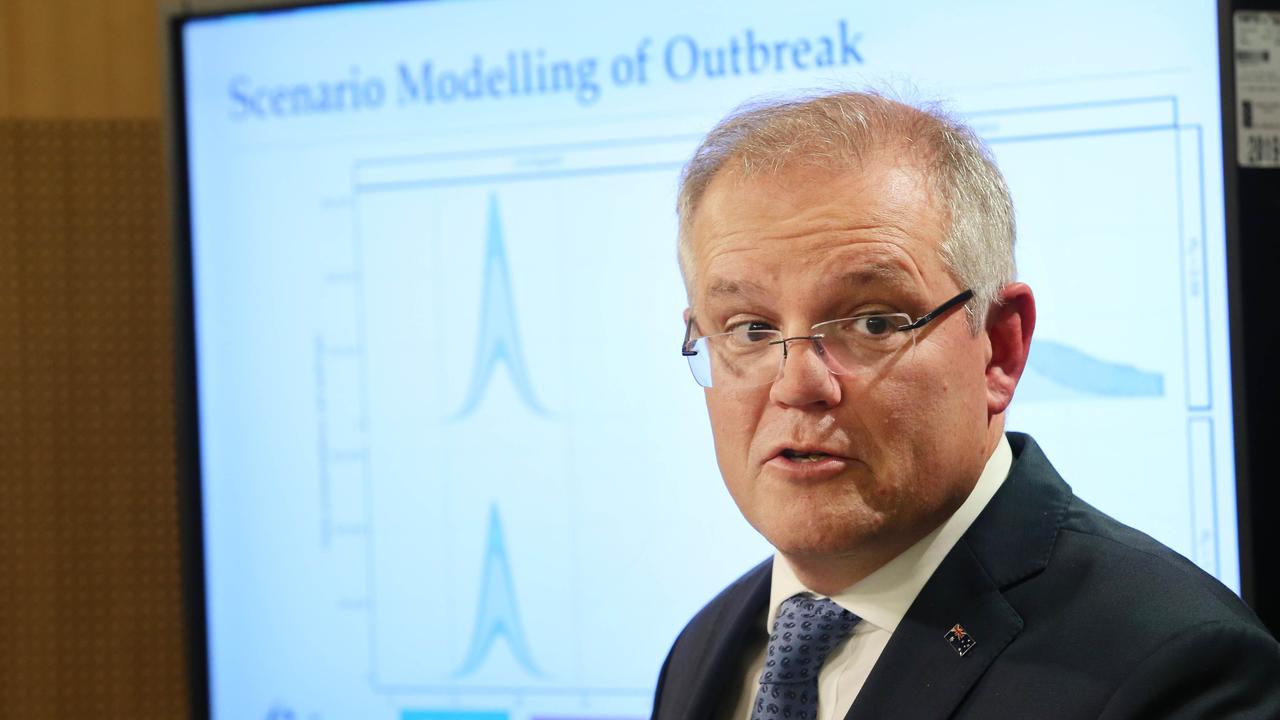
STAY AT HOME
During the 14 days of isolation, you must stay at home or in your hotel and don’t go to public places including work, school, childcare, university or public gatherings, the Australian Department of Health recommends.
Only people who usually live with you should be in the home.
Do not see visitors and if you are in a hotel, avoid contact with other guests or staff.
The UK government recommends that you stay in a well-ventilated room with a window that can be opened as this will help to keep clean air moving through the room.
LIVING WITH OTHERS
If you live with other people, they are not required to self-isolate unless they have been in close contact with a proven case of coronavirus.
However, if you develop symptoms and are suspected to have coronavirus, they will be classified as close contacts and they will need to self-isolate as well.
The UK government recommends that you try to separate yourself from the other people in your home and keep the door closed.
If you can’t stay in a separate room, aim to keep two metres away from them at all times.
Use a separate bathroom to those who aren’t in self-isolation. But if that’s not a possibility, clean the bathroom as much as you can every time you use it.
It’s also recommended that you use your own toothbrushes, eating and drinking utensils, dishes, towels, washcloths and bed linen.
SHOPPING
You have two options for how to get supplies such as food and medication.
You can order your shopping online but it’s important that you make a note on the order and tell the delivery driver to leave the item outside. Don’t let the delivery driver enter your home.
Wear a mask when you head outside to collect the delivery.
The other option is to get family and friends to do your shopping for you. Again, tell them the leave the items out the front of your house so you can collect it.
WHAT ABOUT SOCIAL DISTANCING?
There is now a ban on non-essential indoor gatherings of more than 100 people.
It does not affect public transport, airports, medical facilities, supermarkets and shopping centres, parliaments, courts or jails.
Office buildings, factories, construction or mining sites, schools, universities, child care facilities and hotels are also exempt. But people should practice social distancing in all these areas, keeping a space of 1.5 metres between themselves and others.
“Every citizen now has to think about every interaction they have with another person during the day,” chief medical officer Brendan Murphy said.
“No more hand-shaking. No more hugging except in your family ... No more scant attention to hand hygiene.”
RELATED: Can I boost my immune system?
RELATED: What are the coronavirus symptoms?
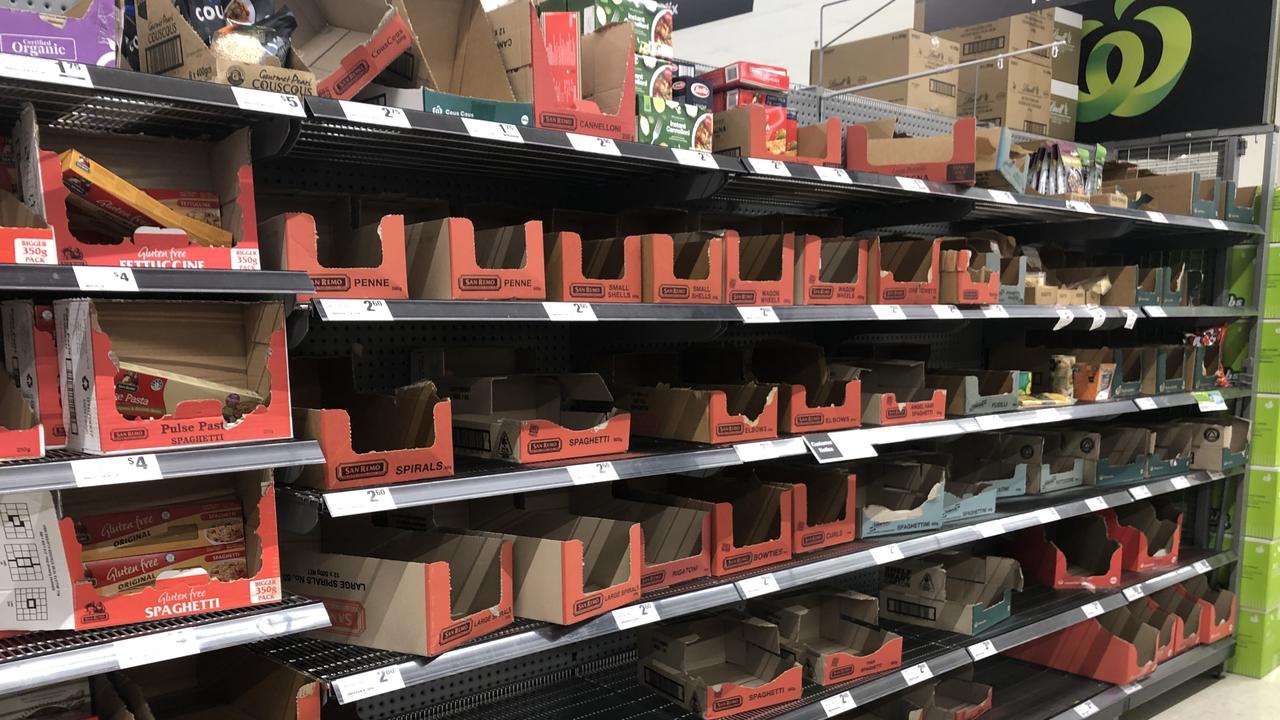
CLEAN, CLEAN, CLEAN
The Australian Department of Health recommends that you regularly wash surfaces that are frequently touched at home such as door handles, light switches, kitchen and bathroom areas. Clean with household detergent or disinfectant.
IF YOU GET SICK
If you develop symptoms (fever, a cough, sore throat, tiredness or shortness of breath) during self-isolation, you should arrange to see your doctor for urgent assessment.
Telephone the health clinic or hospital before you leave home and tell them about your symptoms and they will advise the best course of action.
WILL I BE PAID IF I HAVE TO GO INTO ISOLATION?
If you have returned from China, South Korea, Iran or Italy and need to self-isolate, associate at Coleman Greig, Lisa Qui, told news.com.au that your absence “should be deducted from the employee’s accrued personal leave, the same as an employer would for anyone who is away from work due to illness, for an extended period of time”.
If you have not been directed by the government to self-isolate but your employer is directing you to “because the employer wants to be extra cautious about protecting the workplace, then that absence should be paid special leave”, Ms Qui said.
AFTER 14 DAYS
If you are well at the end of 14 days self-isolation, you can resume your normal lifestyle.
MORE INFO
You can call the National coronavirus Health Information Line on 1800 020 080. It operates 24 hours a day, seven days a week.
If you require translating or interpreting services, call 131 450.

